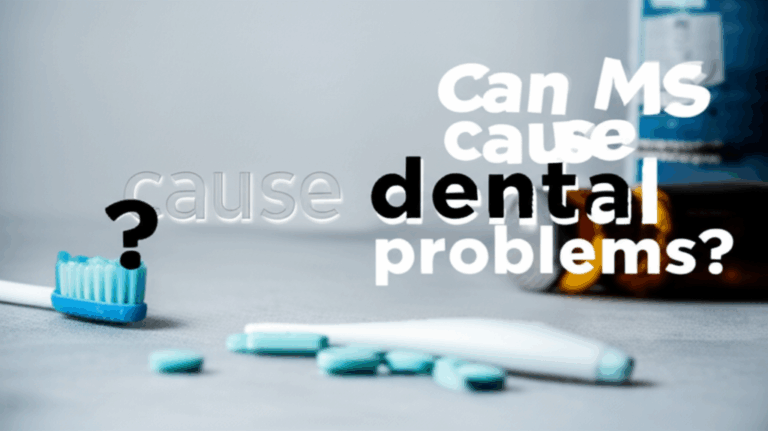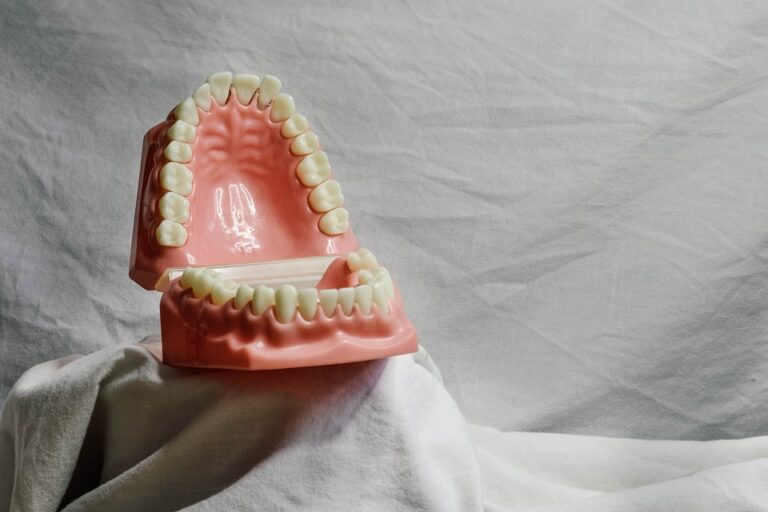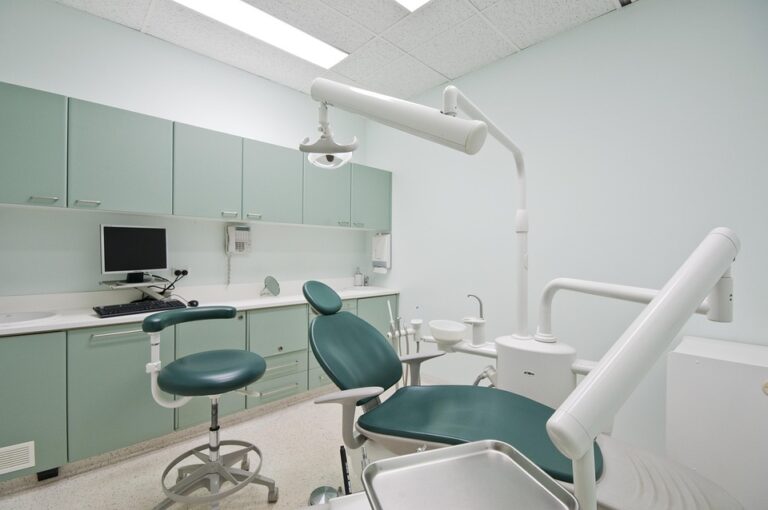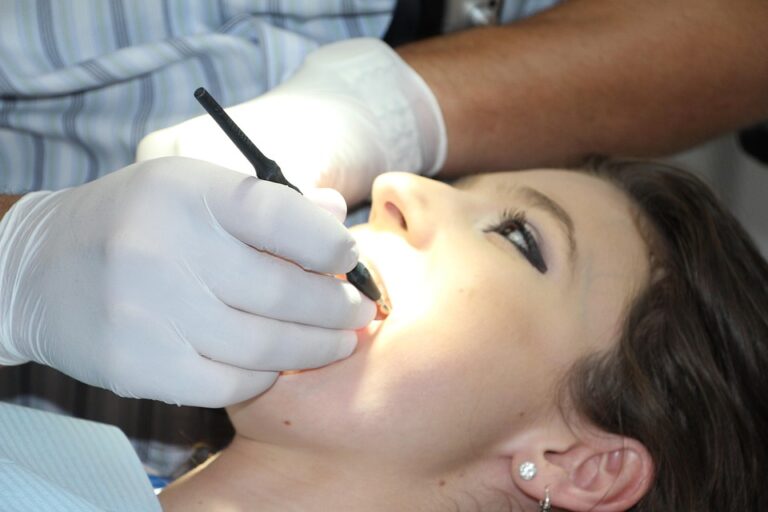
How to Cure Your Dental Problem: A Simple Guide to Treatment & Prevention
Are you tired of tooth pain or worried about something strange in your mouth? You are not alone. In this article, I’ll show you the most common tooth problems, real ways to fix them—fast and for the long run—and easy tips to keep your teeth and gums happy. I’ve felt that sharp shock when biting into an apple, too. But with the right info, you can take charge and stop bigger problems before they start. This guide is for everyone who wants a healthy smile and fewer dentist visits. Let’s begin!
Table of Contents
- What Makes Most Dental Problems Happen?
- How Do You Know If Something Is Wrong With Your Teeth or Gums?
- Can Cavities and Tooth Decay Be Fixed?
- What Should You Do If Your Gums Hurt or Bleed?
- What If You Have a Dental Abscess? Is It Bad?
- Does Sensitive Teeth Mean a Bigger Problem?
- Oh No! My Tooth Broke or Chipped—Now What?
- Quick Tips to Stop Tooth Pain Now
- How Can You Keep Dental Problems Away?
- When Should You Go to the Dentist—Right Now?
- How Modern Dental Labs Help Your Teeth
- What Should You Remember Most?
What Makes Most Dental Problems Happen?
Every time you eat or drink, tiny food bits get stuck between your teeth. If you don’t brush and floss well, germs start to break down that food. This makes plaque, a sticky layer on your teeth. Plaque germs make acid, which wears down your enamel—the hard, outside part of your teeth. This can lead to cavities, tooth decay, and gum trouble.
Problems like gingivitis or periodontitis (gum disease) start when plaque goes under your gums. Gums get red, swollen, and might bleed when you brush. If you smoke, love sugary or sour snacks, or forget to clean your teeth, you have a bigger chance of getting these problems.
Table: Most Common Dental Problems and Causes
| Dental Problem | Top Cause | Who’s at Risk? |
|---|---|---|
| Tooth decay/cavities | Germs from food/sugar | Kids, adults, seniors |
| Gum disease (gingivitis) | Not brushing or flossing enough | Smokers, adults |
| Dental abscess | Not fixing decay or gum disease | Anyone |
| Tooth sensitivity | Enamel wearing out or gums pulling back | Adults, seniors |
| Cracked/chipped tooth | Accident, grinding, biting hard stuff | Athletes, kids, anyone |
When you know why it happens, you can stop problems before they get worse.
How Do You Know If Something Is Wrong With Your Teeth or Gums?
I once woke up with a sore pain on one side of my mouth. At first, I hoped it would just go away. It didn’t. That’s when I found out your teeth and gums send you warning signs when something’s up.
Signs you might have a dental problem:
- Tooth pain: Can feel dull or sharp. It might come and go, or always be there.
- Sensitive teeth: Hurts when you eat or drink something hot, cold, sweet, or sour.
- Bleeding gums: Especially after brushing or flossing.
- Red or swollen gums: Gums look puffy, shiny, or are sore to touch.
- Bad breath: Bad smell that won’t go away even after brushing.
- Loose teeth: A tooth that wiggles or feels strange.
- White or dark spots: On your teeth or gums.
If you see any of these, don’t wait. It’s easier and cheaper to fix problems early.
Can Cavities and Tooth Decay Be Fixed?
Cavities are little holes in your teeth. Tooth decay happens when plaque acid eats away at your enamel. If you spot a cavity soon, your dentist can fix it easily.
Ways the dentist can fix cavities:
- Fillings: The dentist removes the bad part and fills it with a tooth-colored or silver mix.
- Crowns: If a tooth has a lot of decay, a cap goes over it for protection.
- Root canal: If the hole goes deep, a root canal takes out the damaged inside before closing up the tooth.
- Tooth removal: Sometimes, a tooth is just too far gone and has to be pulled.
Fun Fact: Most grown-ups—over 90% everywhere—have had a cavity. Cavities can’t fix themselves on their own. Only a dentist can really get rid of them.
Want more about what causes cavities and how to keep teeth healthy? Read our full guide to teeth health.
What Should You Do If Your Gums Hurt or Bleed?
I used to think a little blood during brushing was fine. It’s not! Bleeding gums usually mean gum disease. There are two main kinds: gingivitis (early) and periodontitis (bad).
How dentists fix gum problems:
- Professional cleaning: Removes sticky stuff and hard buildup from above and below your gums.
- Deep cleaning: Cleans deeper under your gums for tougher cases.
- Antibiotics: Your dentist might give you a mouth rinse, gel, or medicine for germs.
- Gum surgery: In hard cases, surgery may be needed to fix gums or bone.
How to help at home:
- Brush two times a day with fluoride toothpaste.
- Floss every day—even if your gums bleed at first.
- Use a mouthwash made for gums.
- Eat less sugar and more veggies.
If your gums look swollen, move away from your teeth, or bleed often, see your dentist.
Want to learn more about taking care of your teeth and gums? Check out this dental care guide.
What If You Have a Dental Abscess? Is It Bad?
Have you ever felt a sharp, throbbing pain that keeps you up at night? Or seen swelling or pus near your tooth? That’s called a dental abscess—a sore full of pus made by germs. You really don’t want to ignore this.
Dental Abscess: What to Do
- Go to the dentist as soon as you can. An abscess can turn bad—fast.
- What dentists might do:
- Open the area and let the pus drain.
- Give you medicine to fight infection.
- Do a root canal or pull the tooth to stop the problem.
Don’t poke or squeeze the abscess at home. If you have swelling, fever, or can’t swallow well, go to the emergency room. Dental abscess can be very serious if not treated!
Does Sensitive Teeth Mean a Bigger Problem?
I’ve taken a drink of ice-cold water and felt pain rush into my mouth. If that sounds like you, you might have sensitive teeth. This is when the inside part of your tooth (called dentin) isn’t protected.
Why teeth get sensitive:
- Brushing really hard or using a super stiff toothbrush.
- Gums moving away from your teeth.
- Grinding your teeth.
- Tooth decay, cracks, or old fillings.
What helps most?
- Toothpaste made for sensitive teeth (ask your dentist which is good).
- Fluoride coating to make enamel stronger.
- Special coatings or fillings to cover the sore spot.
- Gum repair for hurt or lost gums.
Try not to eat or drink too many sour things and use a soft brush.
Oh No! My Tooth Broke or Chipped—Now What?
A tooth can break or chip from crunching on hard food, playing sports, or grinding your teeth. Don’t worry—dentists can fix most chips or breaks.
Ways dentists fix broken or chipped teeth:
- Dental bonding: Tooth-colored stuff fills small chips or cracks.
- Crowns: A cap goes over and protects teeth that are badly broken.
- Veneers: Thin covers go over the front of teeth to look nice again.
- Root canal or removal: For deep cracks that reach the inside or go below the gum.
If a tooth falls out, pick it up by the top (not the root), rinse it, and try to put it gently in its spot or keep it in milk. Go to the dentist right away.
Want to see how dental labs make lifelike crowns, bridges, and veneers for your smile? See how the pros at a trusted crown and bridge lab do it.
Quick Tips to Stop Tooth Pain Now
When your teeth hurt, every second feels too long. Only a dentist can really fix dental problems, but you can get some short-term relief at home:
Home ideas for tooth pain:
- Saltwater rinse: Put a teaspoon of salt in warm water and rinse your mouth.
- Cold pack: Put a cold pack on your cheek to help with swelling and numb the pain.
- Pain pills: Ibuprofen or acetaminophen can help for now.
- Clove oil: Put a little on a cotton ball and place it on the sore tooth to numb it.
- Peppermint tea bags: Cool, wet tea bags can help sore gums.
Try not to chew on the sore side. Stay away from really hot, cold, or sweet food until you see a dentist.
Remember: these help for a while, but don’t fix the real problem. If pain sticks around, you need a dentist.
How Can You Keep Dental Problems Away?
When I was a kid, my dentist showed me a giant tooth model and said, “You only need to look after the teeth you want to keep.” It made sense! Stopping problems is the best way.
Good habits for healthy teeth:
- Brush two times a day with fluoride toothpaste.
- Floss every day, even if you’re just learning.
- Use mouthwash for an extra clean.
- Eat tooth-friendly foods: cheese, yogurt, crunchy fruits and veggies.
- Don’t eat too many sweets, sodas, or sour drinks.
- Drink lots of water.
- Visit your dentist two times a year for check-ups.
Extra ideas:
- Ask your dentist about sealants for kids’ back teeth.
- Wear a mouthguard if you play sports or grind your teeth at night.
- Don’t smoke or use tobacco.
Want more tips for a healthy smile? Visit teeth overall health.
When Should You Go to the Dentist—Right Now?
Some problems just can’t wait for your next check-up. If you see any of these, call your dentist:
- Pain or swelling that won’t go away.
- Gums that bleed, look swollen, or move away from your teeth.
- Loose teeth.
- Spots, holes, or dark marks on your teeth.
- Jaw pain, popping, or trouble chewing.
- Bad breath that doesn’t leave.
- Any sore or lump that won’t heal.
Waiting can turn a small fix into a big, expensive problem.
Need more on dental troubles, signs, and when to get help? Read this article on dental diseases and conditions.
How Modern Dental Labs Help Your Teeth
Today’s dental work is nothing like old, wobbly fillings you might remember. Modern dental labs use cool tools like 3D printing and digital scanning to make crowns, implants, and dentures that fit and look just like real teeth.
At a digital dental lab, skilled workers use computers to design your crown or bridge for a great fit. If you need a new tooth, a denture, or even a big smile fix, dental labs do a big part of your care.
How dental labs help:
- They make crowns, bridges, and implants to replace lost or broken teeth.
- They create custom mouthguards and night guards for sports or teeth grinding.
- They make veneers to cover chips or stains on your front teeth.
- They build partial or full dentures so you can smile and eat with no worries.
Working with a good dental lab can make your office visits shorter—and make sure your new teeth look and feel just right.
FAQ
Q: Can I fix a cavity at home?
A: No, only a dentist can take out the bad part and fill the tooth.
Q: Why do my gums bleed when I floss?
A: It could be gum disease. Keep flossing gently, and see your dentist.
Q: What should I do if my crown or filling falls out?
A: Save the part, don’t chew on that side, and call your dentist.
Q: Is chewing gum good or bad for teeth?
A: Sugar-free gum (with xylitol) can help clean your mouth. Gum with sugar can give you cavities.
Q: How often should I change my toothbrush?
A: Every 3-4 months, or sooner if it looks worn out.
What Should You Remember Most?
- Brush and floss every day to keep plaque away.
- Early signs of pain, bleeding, or swelling mean it’s time for the dentist.
- Only a dentist can fix most dental problems, but home care helps in between.
- Dental labs use new tech to make repairs for broken, lost, or hurt teeth look real.
- Stopping dental problems before they start saves money and hurts less than fixing them.
If you follow these tips, you’ll be smiling bigger and need the dentist less!








